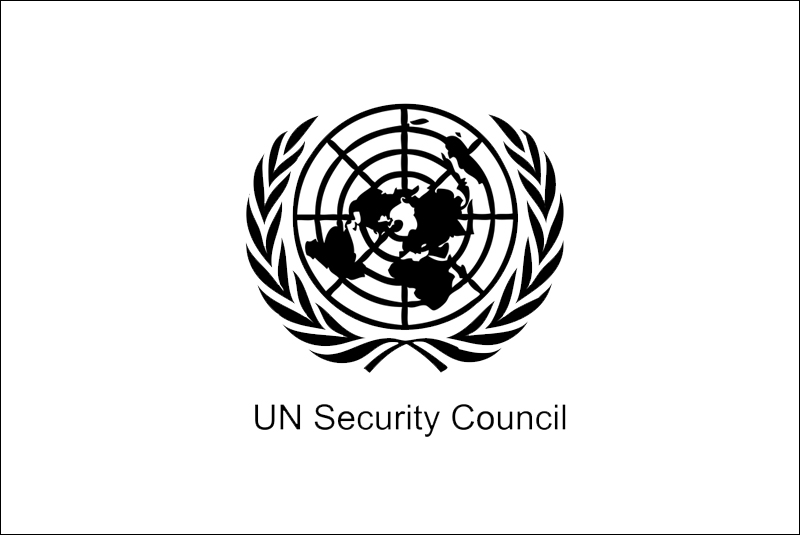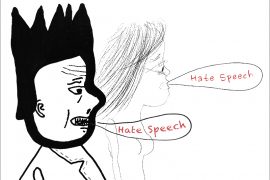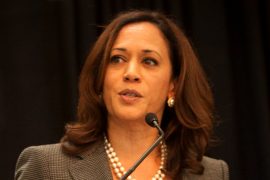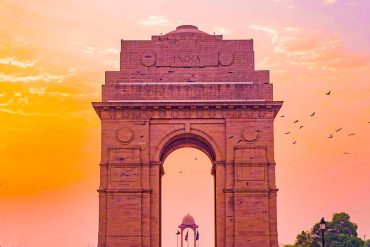December 1961, Congo.
The Congo crisis is concluding its second year. The U.N. Secretary General J. Hammarskjöld had been killed in an air crash a few months ago, and U.N. Peacekeeping forces were preparing for their first large-scale offensive.
Captain Gurbachan Singh Salaria of the Gurkha Rifles is one of three thousand peacekeeping troops sent by India to aid the UN mission. His platoon accompanied a Swedish armoured division to clear out a Katangese roadblock near the strategic Elisabethville airport – then a headquarters for UN forces. In attempting to flank the target, Captain Salaria encountered an unseen division of 90 secessionists, backed by armoured vehicles. Lacking numbers and firepower, he and his men engaged the rebels head on with grenades, Khukris, bayonets and a single rocket launcher.
His attack caused the rebels heavy damage, forcing them to flee despite having larger numbers. Even as he suffered a wound to the neck – the Captain fought on. He died of his wounds, not before saving the other UN forces from encirclement. He was posthumously awarded the Param Vir Chakra – India’s highest military award. The mission itself was the first peacekeeping attempt by the United Nations, and whether it was a success or not depends on one’s definition of peacekeeping.
The United Nations was formed 71 years ago, with the signing of the UN Charter by 51 nations in New York, October 24, 1945. Since the UN’s inception, India has contributed more troops than any other nation, at nearly 180,000. Developing countries like India, Bangladesh and Pakistan send in more troops than any of the developed nations. These numbers comprise both military and police, who work side by side in some of the world’s deadliest conflict zones. According to IPS officer G. Janardhan, who served in the Kosovo peacekeeping missions in 2002, this is because countries like India have vast experience in policing diverse regions.
Copyright©Madras Courier, All Rights Reserved. You may share using our article tools. Please don't cut articles from madrascourier.com and redistribute by email, post to the web, mobile phone or social media.Please send in your feed back and comments to [email protected]











